Confucius Espionage: From Stealer to Backdoor
NetmanageIT OpenCTI - opencti.netmanageit.com

SUMMARY :
The Confucius group, a long-running cyber-espionage actor operating in South Asia, has evolved its tactics from document stealers to Python-based backdoors. Recent campaigns showcase the group's adaptability and growing sophistication, targeting government agencies, military organizations, and critical industries, particularly in Pakistan. The group has transitioned from using WooperStealer to deploying a Python variant of AnonDoor, demonstrating their ability to pivot between techniques, infrastructure, and malware families. Their attack chain includes weaponized Office documents, malicious LNK files, and multiple malware families, employing obfuscation techniques to evade detection. The group's persistence and rapid adaptation highlight the ongoing threat posed by state-aligned malware campaigns in the region.
OPENCTI LABELS :
cyber-espionage,obfuscation,lnk files,pakistan,south asia,python backdoor,anondoor,wooperstealer
AI COMMENTARY :
1. The Confucius Espionage campaign represents a persistent state-aligned cyber-espionage threat in South Asia, with a particular focus on Pakistan. Over the years, the Confucius group has honed its capabilities to infiltrate sensitive networks and extract valuable intelligence from government agencies, military organizations, and critical infrastructure providers. Their prolonged presence and targeted approach underscore the strategic importance of cyber operations in regional power dynamics and the ever-evolving challenges faced by defenders in Pakistan and beyond.
2. Initially known for leveraging WooperStealer to harvest documents and credentials, the group has since pivoted to more advanced malware families. The latest evolution involves a Python-based backdoor dubbed AnonDoor, which demonstrates their agility in adopting new technologies. By replacing native executables with a flexible scripting language, the threat actors gain portability and ease of maintenance across diverse environments, increasing the stealth and longevity of their implants in compromised systems.
3. The typical attack chain begins with weaponized Office documents that exploit common vulnerabilities to gain initial access. Once a foothold is established, malicious lnk files serve as a secondary vector, launching obfuscated scripts designed to evade detection. The Confucius group employs multiple layers of obfuscation and encryption to conceal payloads and hinder forensic analysis. This approach allows them to blend in with legitimate traffic and maintain persistence even when defenders deploy advanced threat hunting tools.
4. Targets in these campaigns span government ministries, defense research institutions, and key industrial sectors vital to national security. By focusing on Pakistan and its strategic partners in South Asia, the actors gather insights into military planning, diplomatic initiatives, and critical infrastructure vulnerabilities. The intelligence collected can be leveraged to inform geopolitical decision-making, compromise supply chains, and shape narratives favorable to the threat actors’ sponsors.
5. The ongoing threat posed by the Confucius group highlights the need for robust defense strategies, including proactive threat intelligence, network segmentation, and strict application controls. Security teams must remain vigilant for the telltale signs of obfuscation and unusual lnk file usage. Deploying behavior-based detection and conducting regular tabletop exercises can help organizations anticipate evolving tactics and respond swiftly to emerging anomalies in their environment.
6. As the Confucius Espionage campaign continues to evolve from simple document stealers to sophisticated Python backdoors, defenders must adapt in kind. Maintaining an up-to-date understanding of malware families such as WooperStealer and AnonDoor is critical, as is the sharing of timely threat intelligence across regional and industry boundaries. Only through collaboration, continuous monitoring, and a layered security posture can organizations mitigate the risks posed by this and other advanced cyber-espionage actors.
OPEN NETMANAGEIT OPENCTI REPORT LINK!
Use public read only username and password on login page.
NOTE : Use Public READ only user credentials on login page banner.
Confucius Espionage: From Stealer to Backdoor


